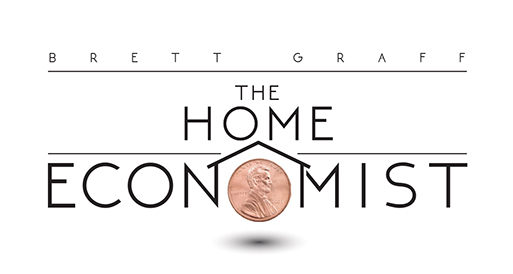
This and four other cancer charities used $187 million in donor money to line the pockets of officers and friends.
Four cancer organizations bilked donors out of $187 million by claiming the organizations would pay for patient treatment and support, but actually lined the pockets of the officers presidents and friends, says the Federal Trade Commission. In a landmark alliance in court, all 50 states, the District of Columbia and the Federal Trade Commission have joined together to fight the fake charities. In a settlement:
Children’s Cancer Fund of America Inc. has been dissolved and its president and executive director, Rose Perkins is now banned from fundraising, charity management, and oversight of charitable assets
The Breast Cancer Society Inc. shut its doors and the government has banned executive director James Reynolds II from running or managing charitable organizations.
Kyle Effler – CFO of Cancer Fund of America, Inc. and Cancer Support Services Inc. – also agreed to the ban. But the organizations remain open and the government continues litigation against president James Reynolds, Sr.
“The allegations of fundraising for personal gain in the name of children with cancer and women battling breast cancer are simply shameful,” said Virginia Attorney General Mark Herring.
Potential donors were told their contributions would go to direct support for patients — things like medicine, cash help and groceries; transportation for chemotherapy; counseling; and hospice care. All lies, says the government, as the “charities” – if we can use that word – spent most of the money supporting themselves, their families and friends, and the people they paid to raise the money.
Before giving to a charity:
1) Check the Internal Revenue Service (IRS) webpage to see if the organization is eligible to receive tax deductible contributions.
2) Ask whether the organization “tax exempt” and “tax deductible.” Tax exempt means the organization doesn’t have to pay taxes. Tax deductible means you can deduct your contribution on your federal income tax return.
3) Find out the percentage of your donation that will go toward administrative costs, and what percent will go toward the cause. It’s excellent if 10 percent or less of the money goes toward running the organization and 90 percent goes toward the needy.
4) Never send cash donations. For security and tax purposes, it’s best to pay by check — made payable to the charity — or by credit card. While we’re on the subject, never wire money it’s the same as cash in that once you send it, you can’t get it back.
5) Beware of charities that spring up too suddenly in response to current events and natural disasters. Even if they are legitimate, they probably don’t have the infrastructure to get the donations to the affected area or people.
7) The FTC suggests we turn suspicious if a charity:
- Refuses to provide DETAILED information about its identity, mission, costs, and how the donation will be used.
- Won’t provide proof that a contribution is tax deductible.
- Uses a name that closely resembles that of a better-known, reputable organization.
- Thanks you for a pledge you don’t remember making.
- Uses high-pressure tactics like trying to get you to donate immediately, without giving you time to think about it and do your research.
- Asks for donations in cash or asks you to wire money.
- Offers to send a courier or overnight delivery service to collect the donation immediately.
- Guarantees sweepstakes winnings in exchange for a contribution. By law, you never have to give a donation to be eligible to win a sweepstakes.







Leave A Comment